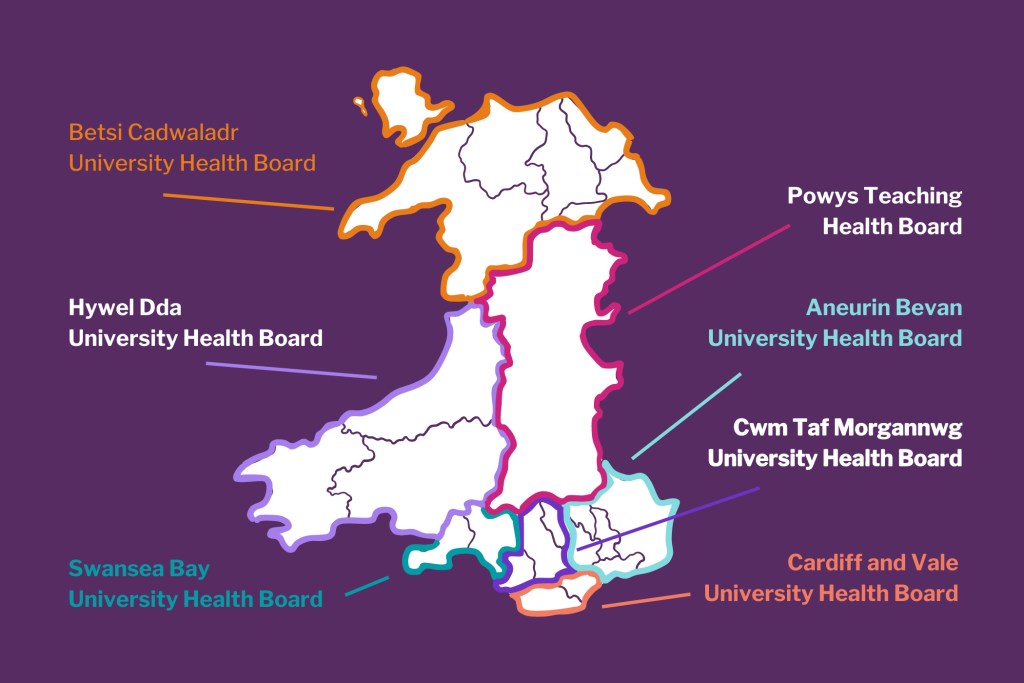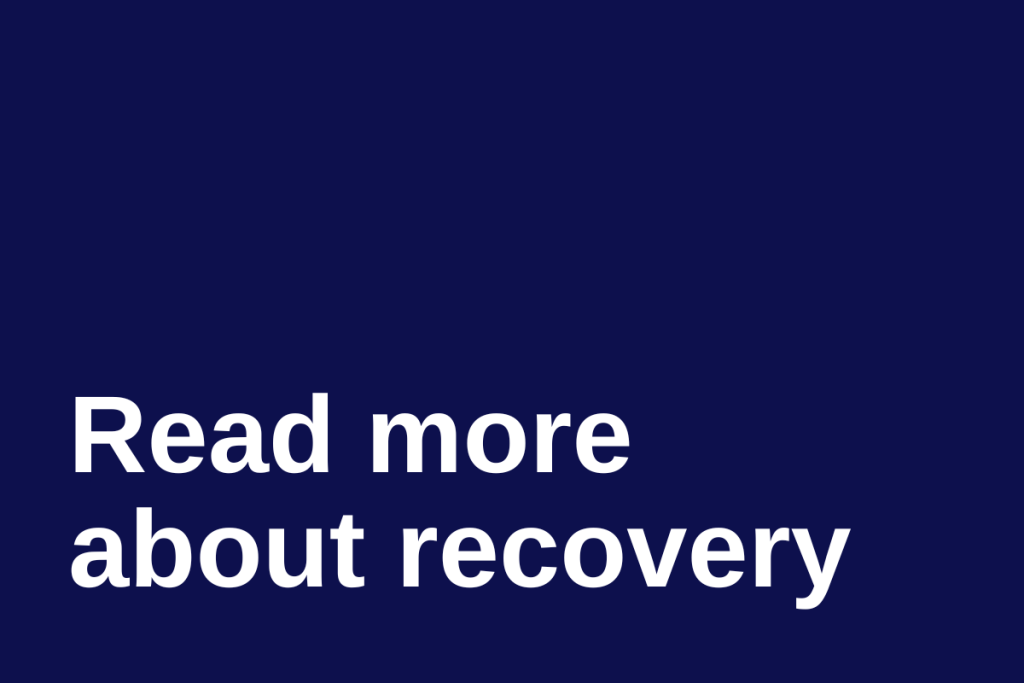A new website has been developed to raise awareness of the services and resources available for people experiencing psychosis in Wales.
Funded and hosted by the National Centre for Mental Health and made in partnership with NHS Wales, the site aims to make information about psychosis support in Wales more accessible as well as raise awareness of psychosis in young people, their families and friends.
What is psychosis?
Psychosis is a mental health problem that causes people to experience or interpret things differently from those around them. It is sometimes referred to as a loss of touch with reality.

Access support
The Early Intervention in Psychosis service is here to support young people aged 18-35 in Wales.
Experiencing the symptoms of psychosis is often referred to as having a psychotic episode. A person might experience it once, or have repeated episodes, or live with it most of the time.
Everyone’s experience of psychosis is different but there are some signs and symptoms which may be similar.
Services to support you
If you live in Wales and have experienced psychosis you will be supported by the Early Intervention in Psychosis (EIP) service.

EIP services focus on the early detection of symptoms and supporting recovery from psychosis, specifically working with those who are experiencing their first episode of psychosis (FEP) or are within the critical three-year period of diagnosis.
Evidence tells us that the longer symptoms are left untreated, the greater the impact on the person’s life and the lives of those around them.
Intervening quickly during this critical period can improve recovery and reduce the likelihood of symptoms returning, which is known as a relapse.
EIP services aim to provide effective interventions within this critical period.

There are seven EIP services in Wales, one in each health board.
Services are made up of a team of mental health professionals who work with individuals and their families to understand their personal experiences, support improvements in symptom reduction, and emotional well-being; reduce distress, increase confidence, and coping and access social resources.
Teams generally work with people for up to three years.





